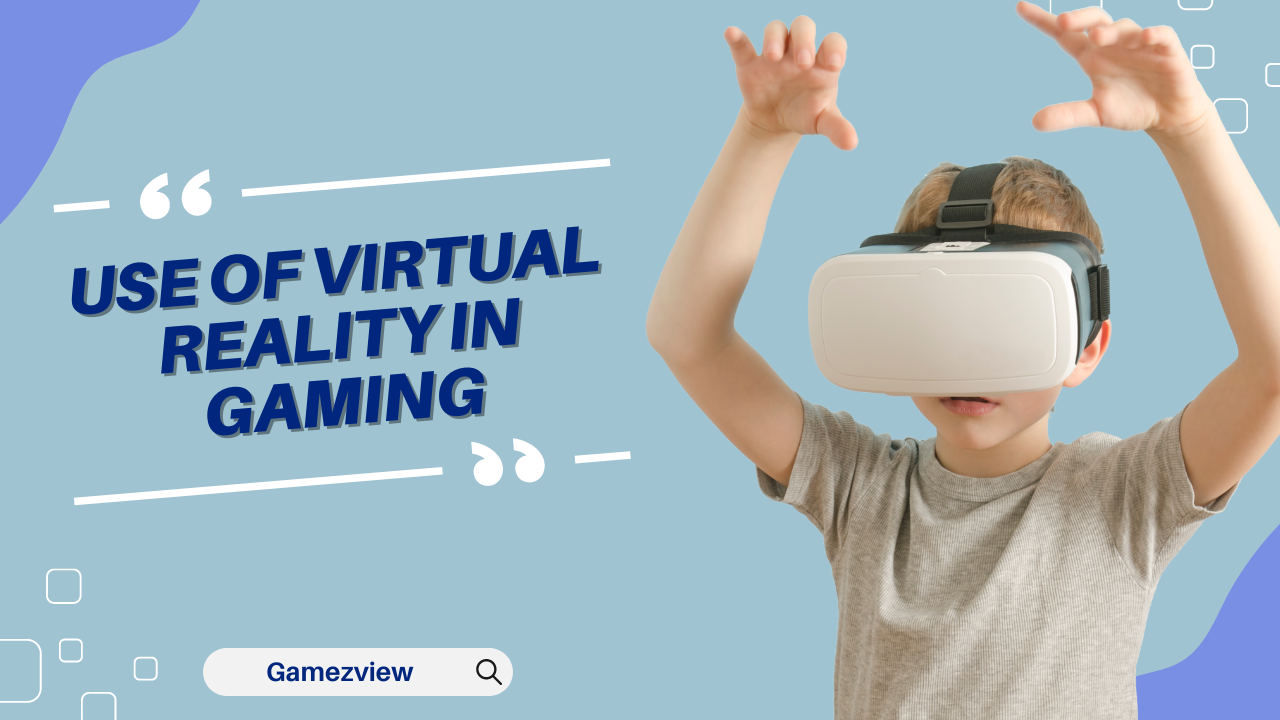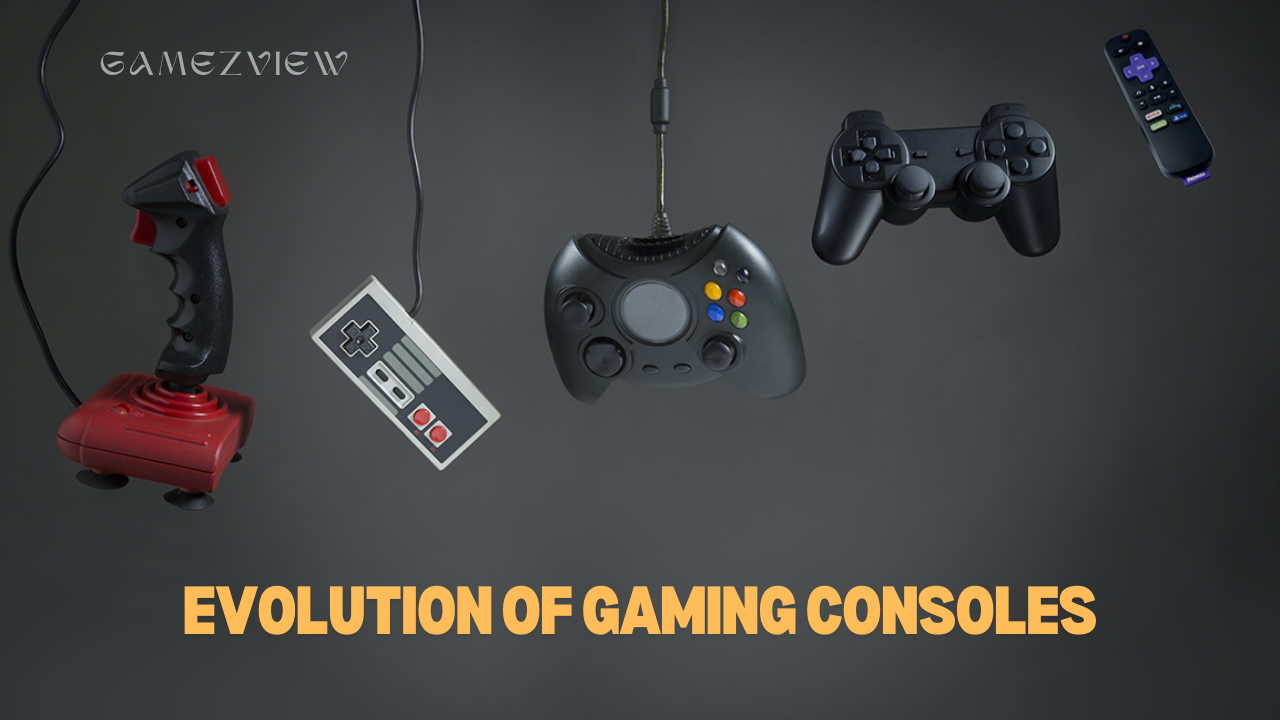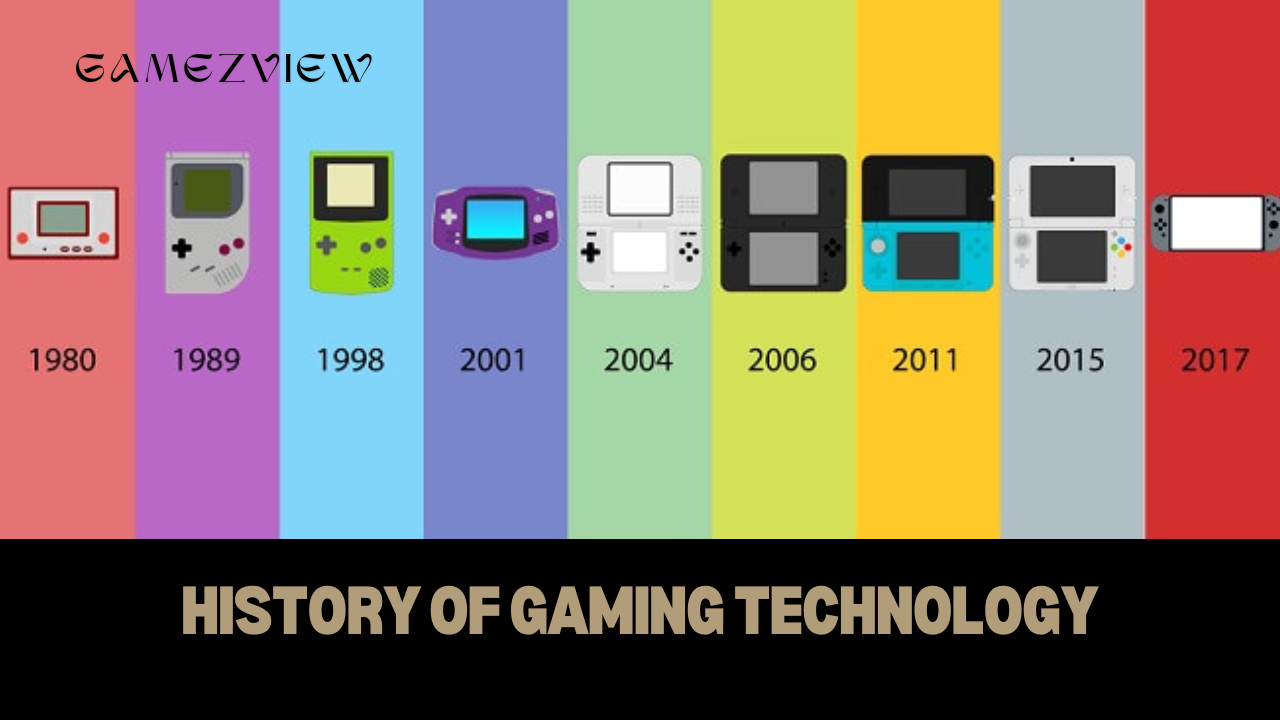Virtual reality (VR) technology has emerged as a groundbreaking innovation in the gaming industry, offering players unprecedented levels of immersion and interactivity. With VR headsets, motion controllers, and immersive environments, players can step into virtual worlds and experience gaming like never before. In this article, we will explore the use of virtual reality in gaming, examining its impact on gameplay, storytelling, and the future of entertainment.
Evolution of Virtual Reality in Gaming
The concept of virtual reality has been a staple of science fiction for decades, but it wasn’t until the late 20th century that VR technology began to take shape. Early experiments with VR in gaming, such as the Virtual Boy console by Nintendo, offered a glimpse of the potential for immersive experiences but were limited by technological constraints and usability issues.
However, with the advent of modern VR technology in the early 21st century, the dream of immersive virtual worlds became a reality. Devices such as the Oculus Rift, HTC Vive, and PlayStation VR revolutionized gaming by offering high-fidelity visuals, responsive motion tracking, and intuitive controls. As VR hardware became more accessible and affordable, developers began to explore new possibilities for storytelling, gameplay mechanics, and social interaction in virtual environments.
Immersive Gameplay Experiences
One of the most compelling aspects of virtual reality in gaming is its ability to create immersive gameplay experiences that blur the line between reality and virtuality. By placing players directly inside the game world, VR technology offers a sense of presence and agency that traditional gaming experiences cannot replicate.
Whether exploring fantastical landscapes, engaging in intense firefights, or solving intricate puzzles, VR games transport players to new dimensions of excitement and adventure. The sensation of physically interacting with virtual objects and environments adds a tactile layer of immersion, enhancing the overall sense of realism and engagement.
Enhanced Storytelling and Narrative
Virtual reality has also opened up new possibilities for storytelling and narrative in gaming. With the ability to inhabit virtual characters and environments, players can experience narratives in a more visceral and personal way. VR games often leverage techniques such as spatial audio, 360-degree visuals, and interactive dialogue to immerse players in rich, emotionally resonant stories.
From intimate character-driven dramas to epic science fiction epics, VR games offer a wide range of storytelling experiences that cater to diverse tastes and preferences. The sense of presence and empathy that VR technology provides allows players to forge deeper connections with characters and narratives, leading to more meaningful and memorable gaming experiences.
Social Interaction and Multiplayer Gaming
Virtual reality has transformed the landscape of multiplayer gaming, enabling players to interact with each other in shared virtual spaces. Whether collaborating on missions, competing in sports simulations, or simply hanging out in virtual environments, VR multiplayer experiences foster a sense of community and camaraderie among players.
Social VR platforms such as Rec Room, VRChat, and AltspaceVR provide virtual hubs where players can meet, socialize, and engage in a wide variety of activities together. These platforms offer a glimpse of the future of social interaction, where physical distance is no barrier to meaningful connections and shared experiences.
Education and Training Applications
Beyond entertainment, virtual reality has also found applications in education, training, and simulation. VR technology enables immersive learning experiences that allow students to explore historical landmarks, dissect virtual organisms, and conduct scientific experiments in a safe and controlled environment.
In fields such as medicine, aviation, and military training, VR simulations offer realistic scenarios that prepare practitioners for real-world challenges. From surgical simulations to flight training programs, VR technology provides a cost-effective and scalable solution for hands-on learning and skills development.
Challenges and Considerations
While virtual reality holds immense promise for the future of gaming and entertainment, it also presents several challenges and considerations. One of the primary concerns is the issue of motion sickness, which some users may experience when using VR headsets. Developers must design games with comfort and accessibility in mind, implementing techniques such as smooth locomotion, comfort modes, and adjustable settings to minimize discomfort for players.
Another challenge is the cost and accessibility of VR hardware, which may limit adoption among mainstream audiences. While prices have declined in recent years, high-quality VR headsets still require a significant investment, and not all players have access to the necessary hardware or space for room-scale VR experiences. Additionally, concerns about privacy, data security, and ethical use of VR technology must be addressed to ensure that users feel safe and protected in virtual environments.
Future Trends and Innovations
Looking ahead, the future of virtual reality in gaming is filled with exciting possibilities and innovations. Emerging technologies such as haptic feedback, eye-tracking, and brain-computer interfaces promise to further enhance the immersive capabilities of VR systems, allowing for more intuitive and responsive interactions.
Furthermore, advancements in artificial intelligence (AI) and procedural generation algorithms are likely to revolutionize the way games are created and experienced in virtual reality. AI-driven NPCs, dynamic environments, and personalized experiences will offer players unprecedented levels of realism and immersion, blurring the boundaries between virtual and reality.
Virtual reality represents a transformative leap forward in gaming technology, offering immersive experiences that redefine the way we play and interact with virtual worlds. From immersive gameplay experiences and enhanced storytelling to social interaction and educational applications, VR has the potential to revolutionize entertainment and beyond. As technology continues to evolve and innovation flourishes, we can expect virtual reality to play an increasingly central role in the future of gaming, education, and human-computer interaction.



